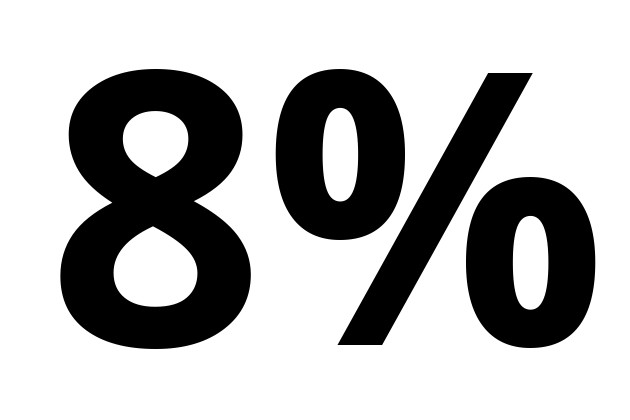According to Schneider, 8% of Luxembourg farmland is located the other side of the grand duchy’s borders with France, Germany and Belgium.
Schneider thanked his counterparts in those countries for taking account of this special situation and keeping the borders open for workers in key sectors like farming which ensured “activity in the food sector” could continue.
Luxembourg farms rely heavily on cross-border seasonal labour during harvest season, which starts mid-April with lettuce and asparagus. With current controls on all but essential movements for key cross-border workers, staffing poses a challenge. However, under current arrangements, farmers and agricultural professionals are considered essential workers.
Schneider said that an inventory of requirements was being drawn up to deal with unforeseen circumstances. He said that farmers struggling financially because of the coronavirus can also benefit from certain liquidity state aids.
Furthermore, he said that the situation was being permanently monitored, in particular possible fluctuations on agricultural markets.
During the meeting, Schneider expressed support for the introduction of road, sea and air corridors for transporting essential goods, known as “green lanes.”
He said: “The food production and processing chain, the direct sale as well as the transport of food must remain operational in order to guarantee food safety in Luxembourg and in Europe.”
